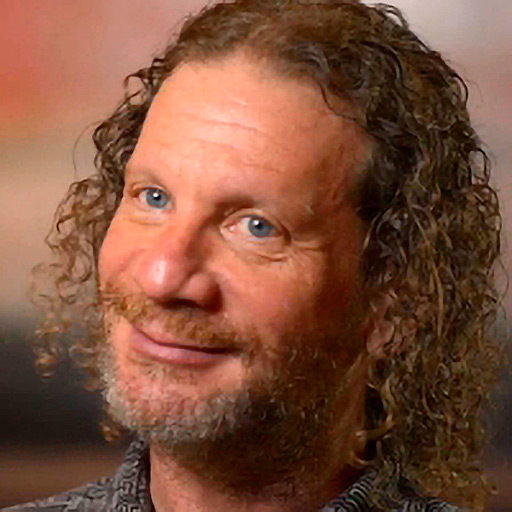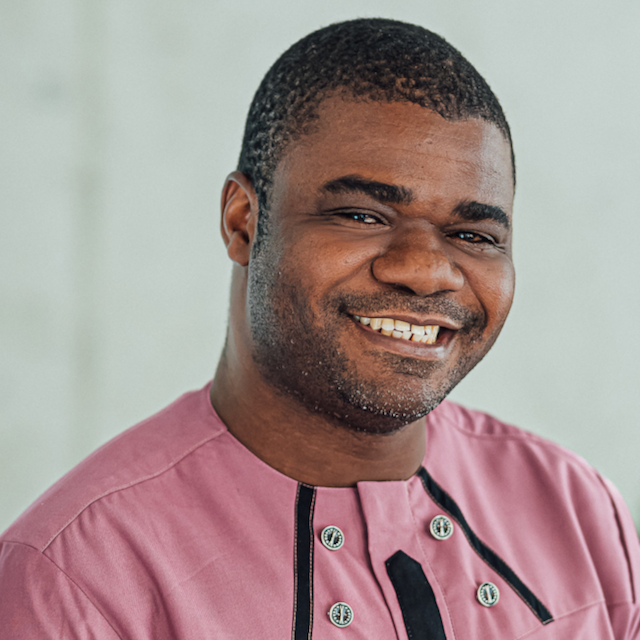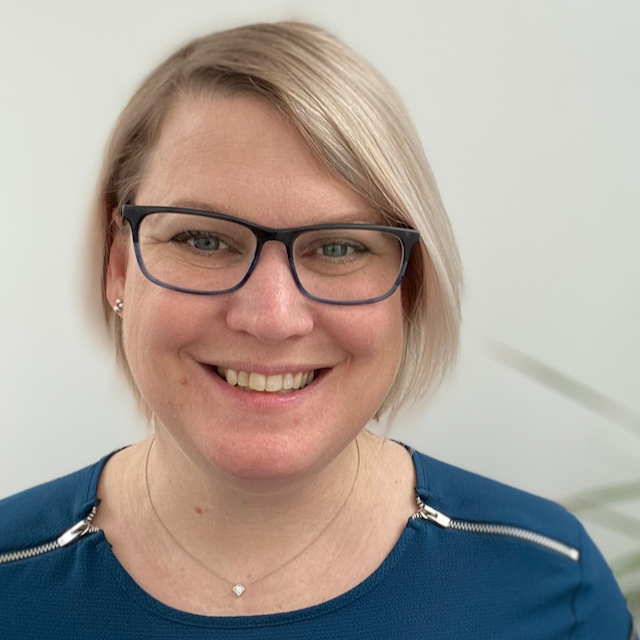Open Source AI/ML: A Game Changer for Bioinformatics?
Tired of locked-away algorithms hindering your research? This panel dives into the exciting world of open-source AI/ML for bioinformatics. Join BOSC in a conversation with renowned experts as they explore the potential of open models to revolutionize the field.
Uncover the advantages:
- Transparency: Gain deeper insights into model training, fostering trust and ethical practices.
- Collaborative Power: Leverage the collective brilliance of a global community for faster innovation.
But is it all sunshine and rainbows?
- Data Limitations: Open models often rely on publicly available data, which might lack diversity and introduce bias.
- Resource Constraints: Open-source projects can struggle with funding and computational power, impacting performance.
This panel tackles these challenges head-on, offering:
- Expert Insights: Learn from leading figures in open-source AI/ML bioinformatics.
- Q&A: Unleash your burning questions about the future of open models.
Join us for the final session of BOSC 2024. Don’t miss this chance to explore the potential of open-source AI/ML to propel your bioinformatics research to new heights!
Panelists
Lawrence Hunter
Dr. Lawrence Hunter is widely recognized as one of the founders of bioinformatics. He published some of the first papers in biomedical NLP and in machine learning predictions of molecular function; he served as the first President of the International Society for Computational Biology (ISCB); and he created several of the most important conferences in the field, including ISMB, PSB and the Rocky Mountain Conference on Bioinformatics. Dr. Hunter’s research interests span a wide range of areas, from cognitive science to rational drug design. He has published more than 200 scientific papers, holds two patents and has been elected a fellow of both the ISCB and the American College of Medical Informatics. Dr. Hunter is a professor at the University of Chicago.

Thomas Hervé Mboa Nkoudou

Dr. Thomas Mboa is a social scientist with a focus on Responsible AI, Open Science and knowledge transfer. He is currently Researcher in Residence at the International Centre of Expertise In Montreal on Artificial Intelligence (CEIMIA), where his main mission is to put in place mechanisms to ensure a better representation of Africa in the international ecosystem of Artificial Intelligence. The Mboalab Biotech, a collaborative space founded by Dr. Mboa, hosts community-focused technology projects including the ML-enhanced Open Diseases Screener App, which can diagnose diseases such as malaria, typhoid fever and many other tropical diseases. To learn more about Dr. Mboa’s work, visit https://orcid.org/0000-0001-9678-7765.
Mélanie Courtot
Dr Mélanie Courtot is the Director of Genome Informatics at the Ontario Institute for Cancer Research in Toronto, and an Assistant Professor in the Department of Medical Biophysics at University of Toronto. Dr Courtot’s focus is translational informatics - designing intelligent systems to gain new insights and build a globally shared knowledge ecosystem to advance science and improve health for all. Dr Courtot co-leads the Clinical and Phenotypic workstream and Data Use and Cohort representation groups for the Global Alliance for Genomics and Health (GA4GH) as well as cohort harmonization efforts for the International HundredK+ Cohorts Consortium.

Andrew Su

Andrew Su, Ph.D., is the Elden and Verna Strahm Professor at the Scripps Research Institute in the Department of Integrative Structural and Computational Biology (ISCB). Dr. Su’s lab focuses on building and applying bioinformatics infrastructure for biomedical discovery. Dr. Su has had a long-standing interest in leveraging crowdsourcing to organize and integrate knowledge though projects like the Gene Wiki and Wikidata. He has also worked extensively on creating biomedical APIs and enabling API interoperability through the BioThings project, and on constructing and mining knowledge graphs for drug repurposing.
MODERATOR: Monica Munoz-Torres
Dr. Munoz-Torres is an Associate Professor at the University of Colorado Anschutz Medical Campus. She leads the Standards Team and is the Co-chair of the Steering Committee for the NIH-funded program Bridge to Artificial Intelligence (Bridge2AI) Program. She is also the Program Director for the Phenomics First Resource, an NHGRI Center of Excellence in Genomic Science, and for the Monarch Initiative. Dr. Munoz-Torres’s expertise, education, and enthusiasm span genomics, biocuration, knowledge representation, and data harmonization – and the development of software tools and standards to advance these fields.
